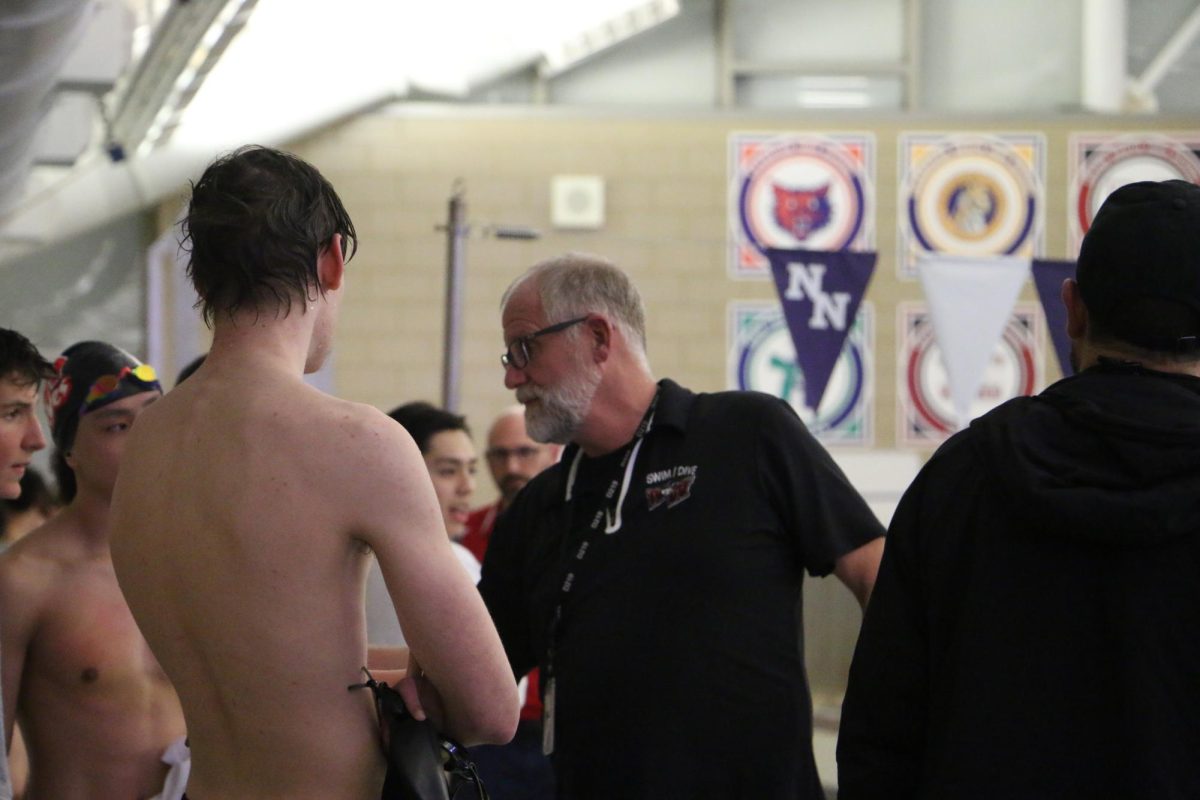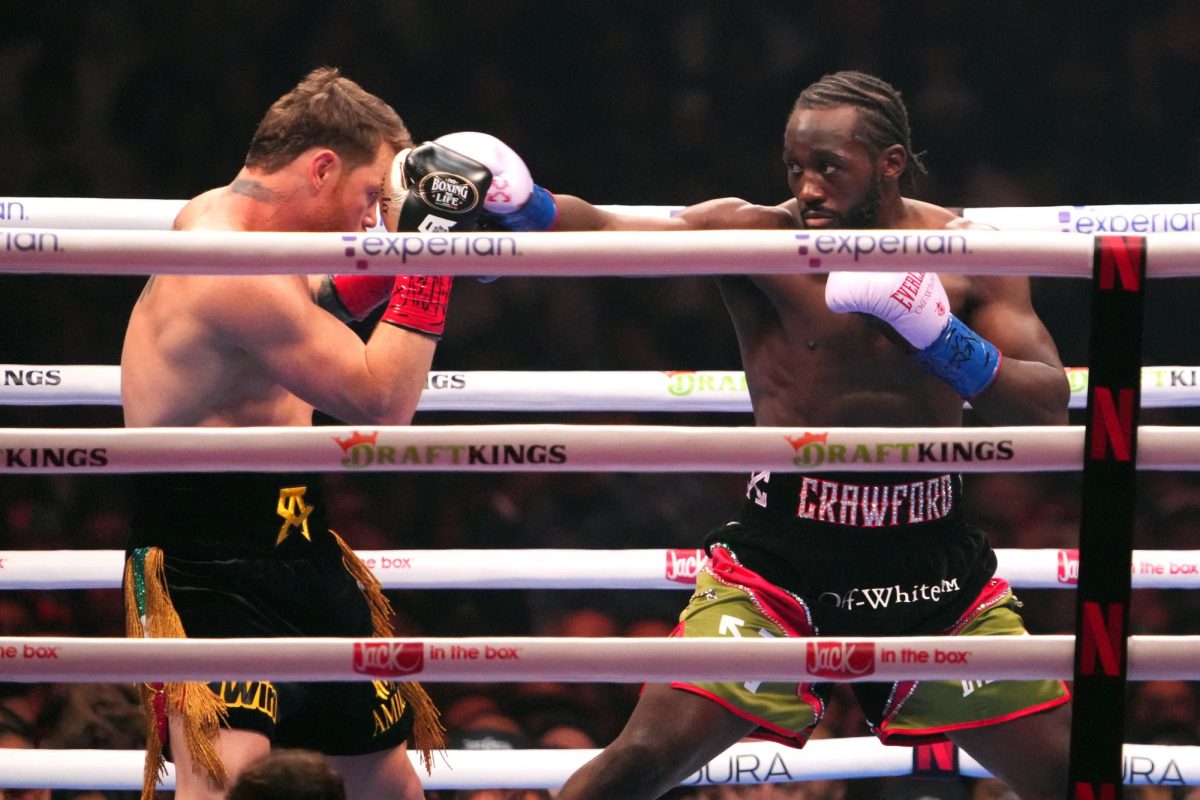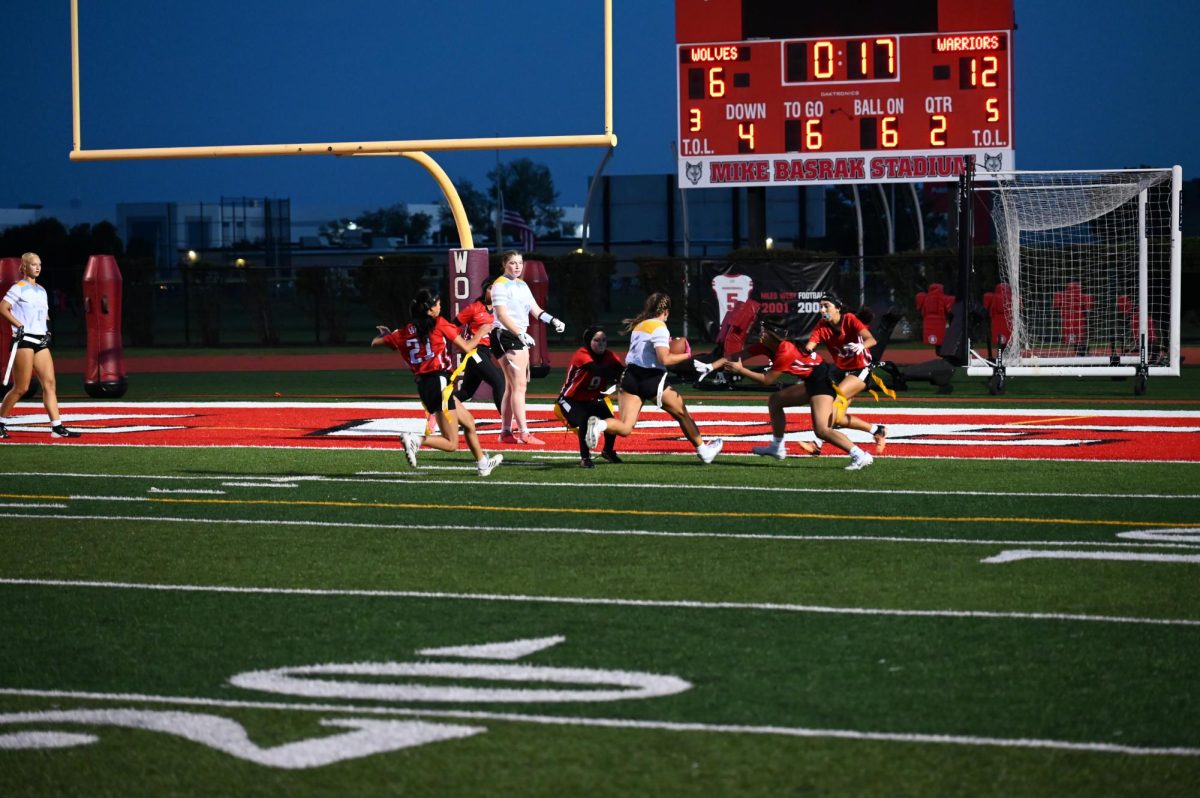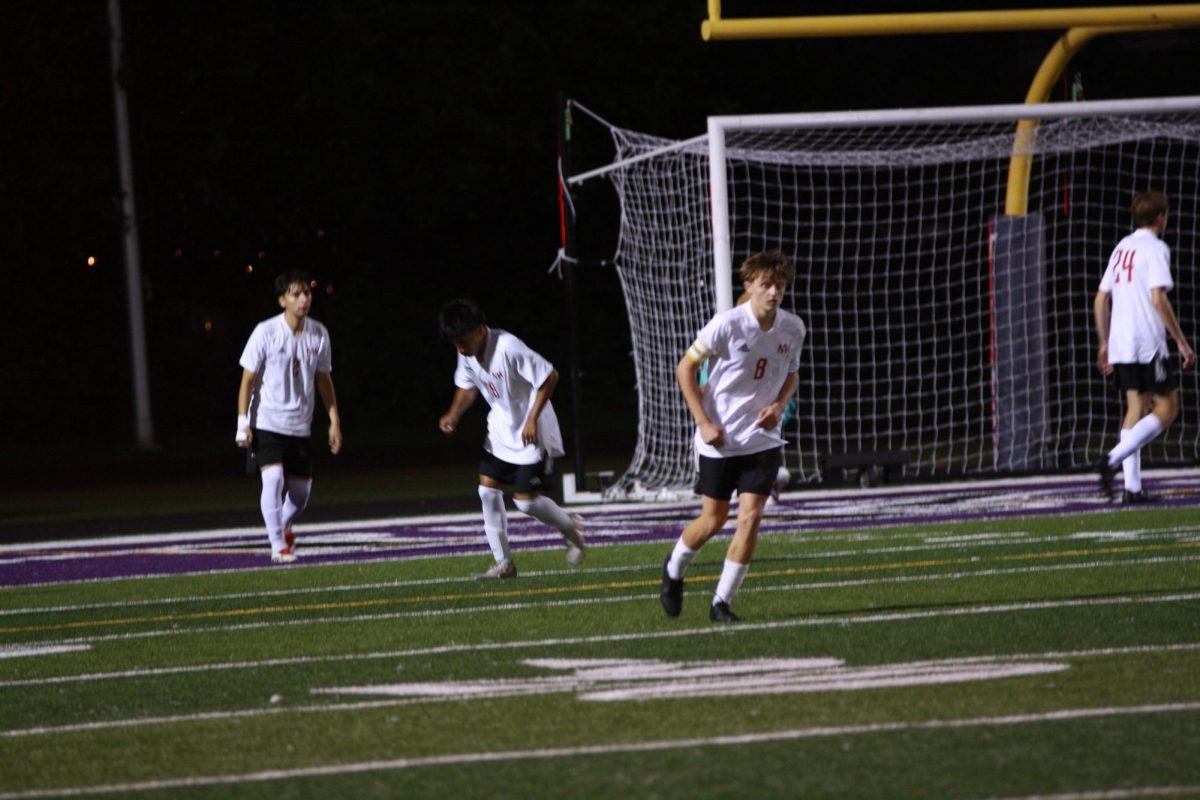From the mythological figure Chiron to Mr. Miyagi from “Karate Kid,” good coaches make or break an athlete’s competitive performance. The job isn’t for everyone; coaching requires serious dedication to one’s athletes in order to mold them with discipline, strength and commitment. A wise instructor truly separates a good team from a great team, so what makes a good coach?
“The coach needs to be knowledgeable, needs to develop players right and needs to put them in the right spot to win games. The other half of it is building a community and a culture. And the trust, building relationships with your athletes, having them know that you care about them and that you’re passionate about what you’re doing, that you’re going to work hard for them,” girls volleyball head coach Stacy Roth said.
The importance of having someone who fosters relationships is agreed upon not only by the coaches themselves but by the athletes too. Varsity volleyball athlete, junior Maia Clair, believes a coach is someone who can both point out your wrongs and have a good time with you.
“Someone who supports you, someone who gives constructive criticism, and someone who you can have fun with. They help you get to where you are, in practice, they push you,” Clair said.
There is an understated approach to sports coaching that is often overlooked, a more holistic side that is integral to team success. Many coaches believe that their athletes are the head of the team, and they will lead to their own success and improvement.
“I want them to know that I care about them, both as athletes and as human beings. It is not my team, it is the athletes’ team and I try to guide them. I want my athletes to take ownership of their team, to be successful, but success is not about winning, it is about achieving goals and building a foundation of support and success,” boys gymnastics coach Adrian Batista said.
No matter the sport, whether volleyball or gymnastics, student-athletes appreciate coaches who take the time to show they care about them as individuals and make them feel seen. An athlete and coach relationship should be strong and supportive one, letting athletes know they have someone rooting for them.
“I’ve had coaches motivate me by texting me after games like “good job today,” or have side conversations with me, telling me what I need to work on and when I do something good they compliment me on it. Motivating an athlete is showing them that you see them and you see the hard work that they put in,” junior Mary Sarkis said.
Caring about a team can go beyond competitive performance and extends to teaching athletes how to be good people, preparing them for life after high school.
“I want to teach my athletes life skills. I have the same rules for everybody, we’re going to work hard and we’re all going to work together to achieve one goal. We can’t have individuals that are selfish, it doesn’t matter who’s the best player or who doesn’t play a lot in the games. We have to be cohesive, that’s my philosophy,” Roth said.
A valuable coach shapes someone to be smart, empathetic, constructive, motivational and has so many other traits that go into being a great mentor. Someone who can bring together the physical, mental and emotional aspects of a sport to make a quality team.
“A good coach is not a dictator but a collaborator, is strict but understanding, and is in it for the athletes, not their own agenda,” Batista said.
A good coach goes a long way, and at Niles West a good coach can change a whole program. It can make athletes feel seen and valued, and they can also motivate more wins and accomplishments. It is not a job anyone can do, so Niles West is thankful for their many coaches.







